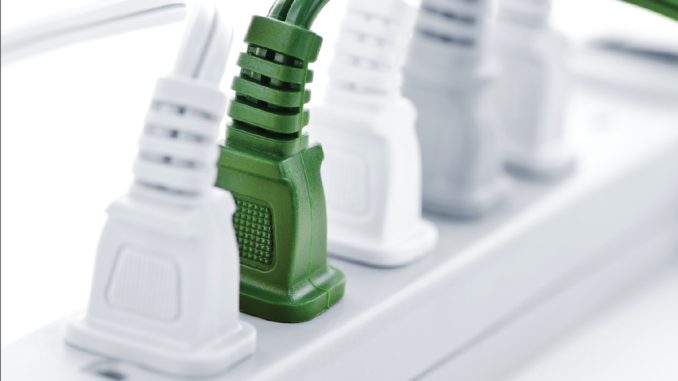
Amid the fresh coal crisis that is brewing in the country, the railway ministry has stepped in to resolve the logistics issue for coal supply to thermal power plants. The power and railway ministries have recently held deliberations and discussed strategies for increasing the operational efficiency for loading and unloading of coal, while increasing the percentage of rakes allotment for the power sector.
Like the situation in October last year, thermal power generators in the country are again facing a precarious situation. Coal stocks at non-pithead thermal power plants have remained consistently low during April and have stood at just 25 per cent of the normative levels (as of April 24, 2022) for around 163 GW of capacity across 147 plants monitored by the Central Electricity Authority.
What is primarily behind the coal shortage again is the increasing power demand due to the early onset of summer, while supply has been disrupted due to reduced availability of railway rakes to transport coal. As per POSOCO data, the peak power demand met was over 198 GW on April 1, 2022, up nearly 21 GW compared to 2021, while peak shortages, which stood at around 482 MW, have now widened to 810 MW and further to 5,249 MW (April 25).
To resolve the logistical bottlenecks, the power ministry is also urging generation companies to own freight rakes under the Ministry of Railways’ scheme. Meanwhile, another key recent announcement to resolve the crisis has been to allow “tolling” of up to 25 per cent of linkage coal for thermal power plants to avoid long-distance coal transport. Utilities are trying to overcome the logistical issues to transport coal on their own. Recently, Tamil Nadu floated tenders for transport of coal from MCL’s mines in Odisha through rail and sea routes.
To improve supplies, the power ministry is also working on an action plan to allow gencos to import coal for blending up to 10 per cent. In a review meeting held with the states, it was decided that 11 states would import around 21.64 billion tonnes for blending purposes for deliveries between May and July this year. Maharashtra will account for the bulk of these imports (10 mt). It will be importing coal after a gap of two years and plans to begin procurement from Indonesia by end April.
The impact on the cost of power is already visible in the sector. The average spot power prices reached Rs 9.70 per unit during April 1-April 26 in the day-ahead market, compared to Rs 3.72 per unit during the same period last year. To regulate prices, the CERC had to recently cap the short-term power exchange rate to Rs 12 per unit, down from Rs 20 per unit earlier.
As power demand continues to remain buoyant with the country entering the peak demand season, how the coal shortage will play out, especially in the next few months, will be closely watched.
